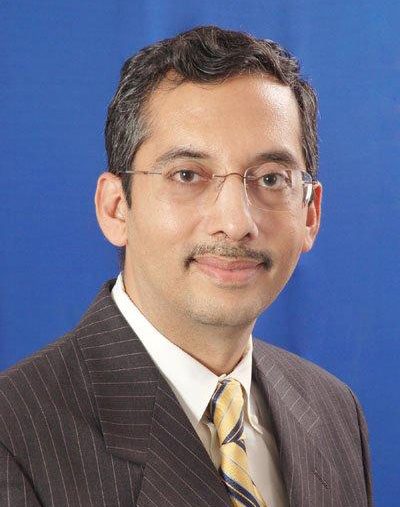Q: Could my snoring be a sign of a serious health condition?
A: Snoring occurs when air flows past the soft tissues in the throat, causing them to vibrate. While most snoring is benign, there could be cause for concern if snoring is severe or accompanied by symptoms such as gasping for air during sleep, morning headaches, dry mouth, irritability, daytime drowsiness or insomnia.
Approximately 25 million adults in the U.S. suffer from a condition known as obstructive sleep apnea. OSA occurs when the muscles in the throat relax enough to collapse during sleep and block the airway. When this occurs, breathing is interrupted repeatedly during sleep, which can lead to more serious health problems.
Sleep apnea has been associated with increased risk of stroke, heart disease, congestive heart failure, atrial fibrillation, hypertension and attention deficit hyperactivity disorder in children. Those who are at the greatest risk for OSA are people who are older, overweight and who have a narrow airway. People who smoke and consume alcohol are also at high risk.
If your doctor suspects you might have obstructive sleep apnea, he or she is likely to prescribe a sleep study to determine the cause of your snoring. You will visit a sleep clinic overnight, where electronic diagnostic equipment will be used to monitor your sleep patterns and breathing. If it is determined that you have obstructive sleep apnea, a CPAP machine may be necessary. (CPAP stands for continuous positive airway pressure.)
CPAP devices have a mask that the patient wears during sleep, which provides an airflow to keep the airway open. Most devices today are virtually silent and comfortable to wear. With regular use, patients with OSA can return to regular sleeping patterns almost instantly. They not only feel more rested and energetic during the day, but they also reduce their chances of developing more serious health problems in the future.
- Anuj Chandra, M.D., Advanced Center for Sleep Disorders; Chattanooga-Hamilton County Medical Society member

